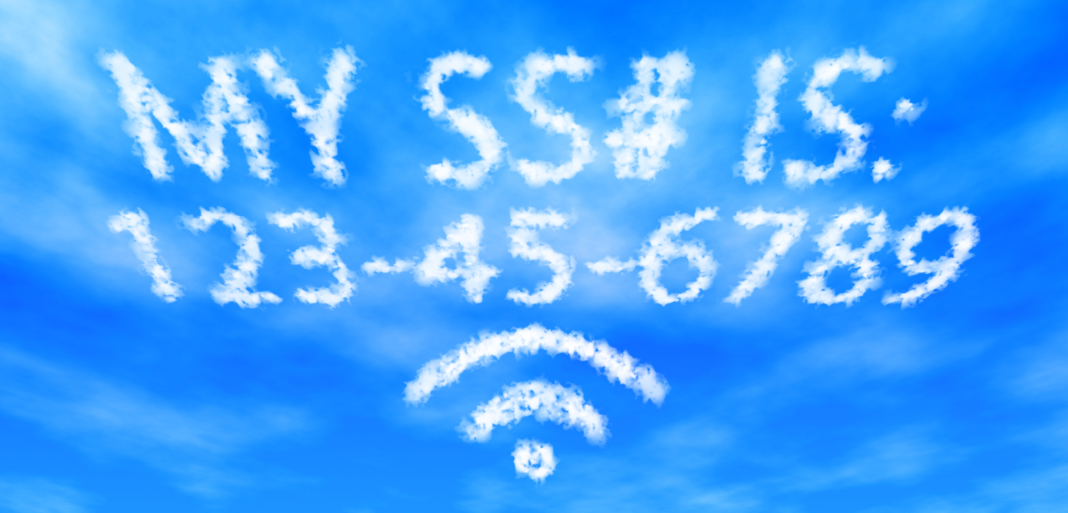Innovation can create new problems, and often even new industries. Two and half millennia after the invention of the wheel, we have traffic jams–made possible by the auto industry and Big Oil. That’s two industries right there. Fast food and high fructose corn syrup caused worldwide obesity, and gave rise to factory farming as well as the diet industry. (That’s two more!)
More recently, privacy has been a recurring issue when it comes to innovation, but it was a problem pre-Internet, as well.
Credit cards opened the door to overspending and account takeover as well as a host of privacy concerns around who gets to know your spending and bill-paying habits. Then there’s EZPass and FasTrak. Who doesn’t love automated toll roads? (Hint: People who don’t like being tracked.) The list is potentially endless, but no innovation has given rise to as many industries in the last fifty years than the Internet.
(Yep, the Internet is eligible to join the AARP this year!)
User privacy is an essential part of keeping your data and identity safe online; it’s something we talk about regularly on our podcast “What the Hack with Adam Levin.”
It’s no easy task to identify the 10 biggest Internet-related privacy failures masquerading as the next best thing since the World Wide Web, but here it goes.
Anyone who has worked in IT or tried to walk a less-than-tech-savvy relative through a printer problem over the phone knows why remote desktop software rocks. Everyone who’s been tricked into providing a stranger access to their computer using that software knows there’s a downside.
#7 Public Wifi
You may not believe this, but not so long ago there was no Internet. How did people communicate? Payphones, shouting, carrier pigeon, hand gestures, Morse code. When access to the internet became something consumers could buy into, it was slow and required a landline.
Wifi for the non-digital native was the closest any of us had ever gotten to an experience of magic in the world. Wifi takes an internet signal and broadcasts it through radio waves. As long as your device is within range of a wireless router and is able to connect to it, you can use the signal to go online. Public Wifi is awesome. Right?
Sorta. In much the same way that multiple people can listen to the same radio station, an unprotected Wifi connection means that, at least in theory, the information you’re sending and receiving can be tuned into (intercepted, accessed, exploited) as well. It’s technical, but all you need to know is that there are some really evil nerds out there, and they use public wifi in a way that flies in the face of the convenience it’s supposed to offer. Also: If you’re using XYZ Company’s free wifi without a VPN to encrypt your activity, they have access to and will probably sell that data.
Would you talk about your most private issues, or divulge your bank balance out loud at a dinner party? Probably not, but whenever you use public wifi without a VPN, you’re communicating with strangers at a party.
<< Remote Desktop Software || Read the full article || Online Quizzes >>










